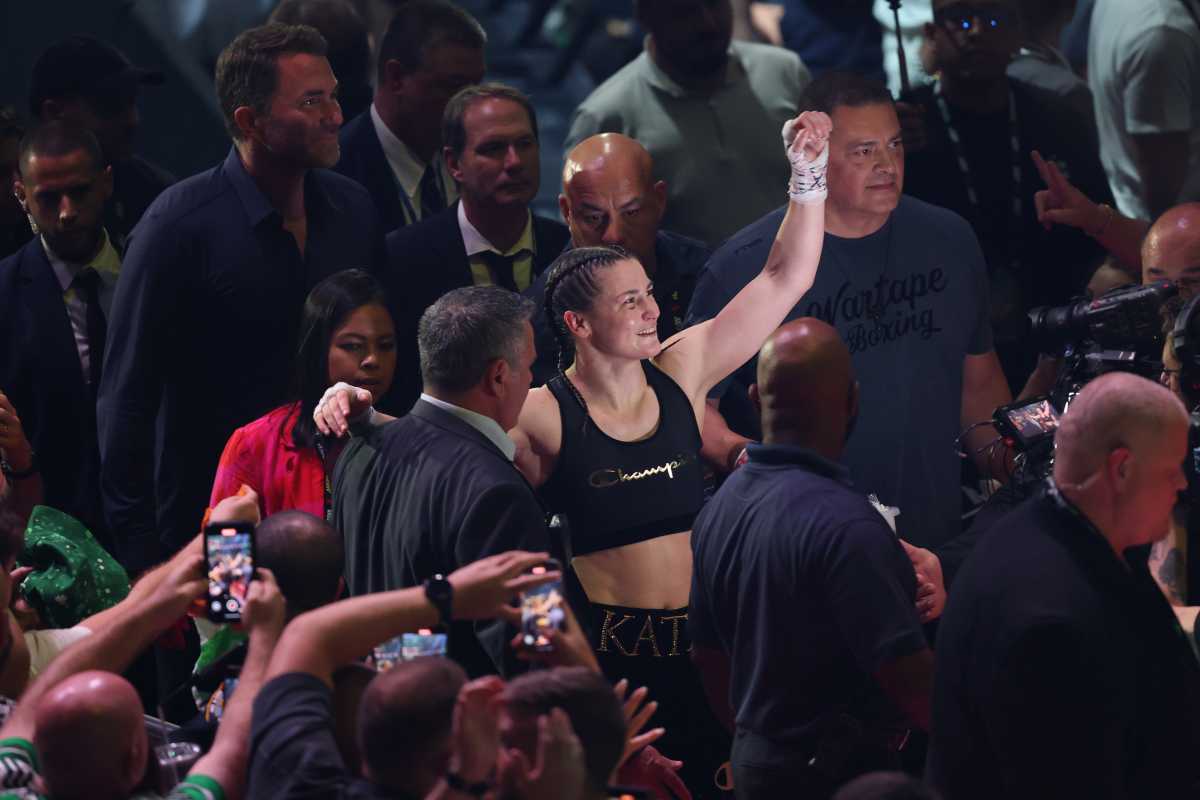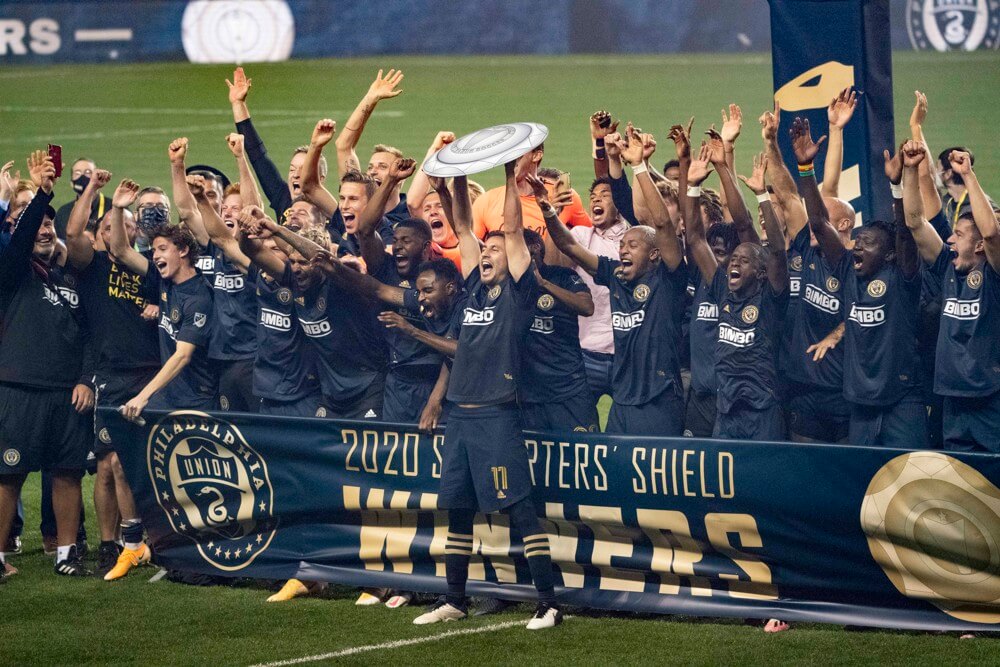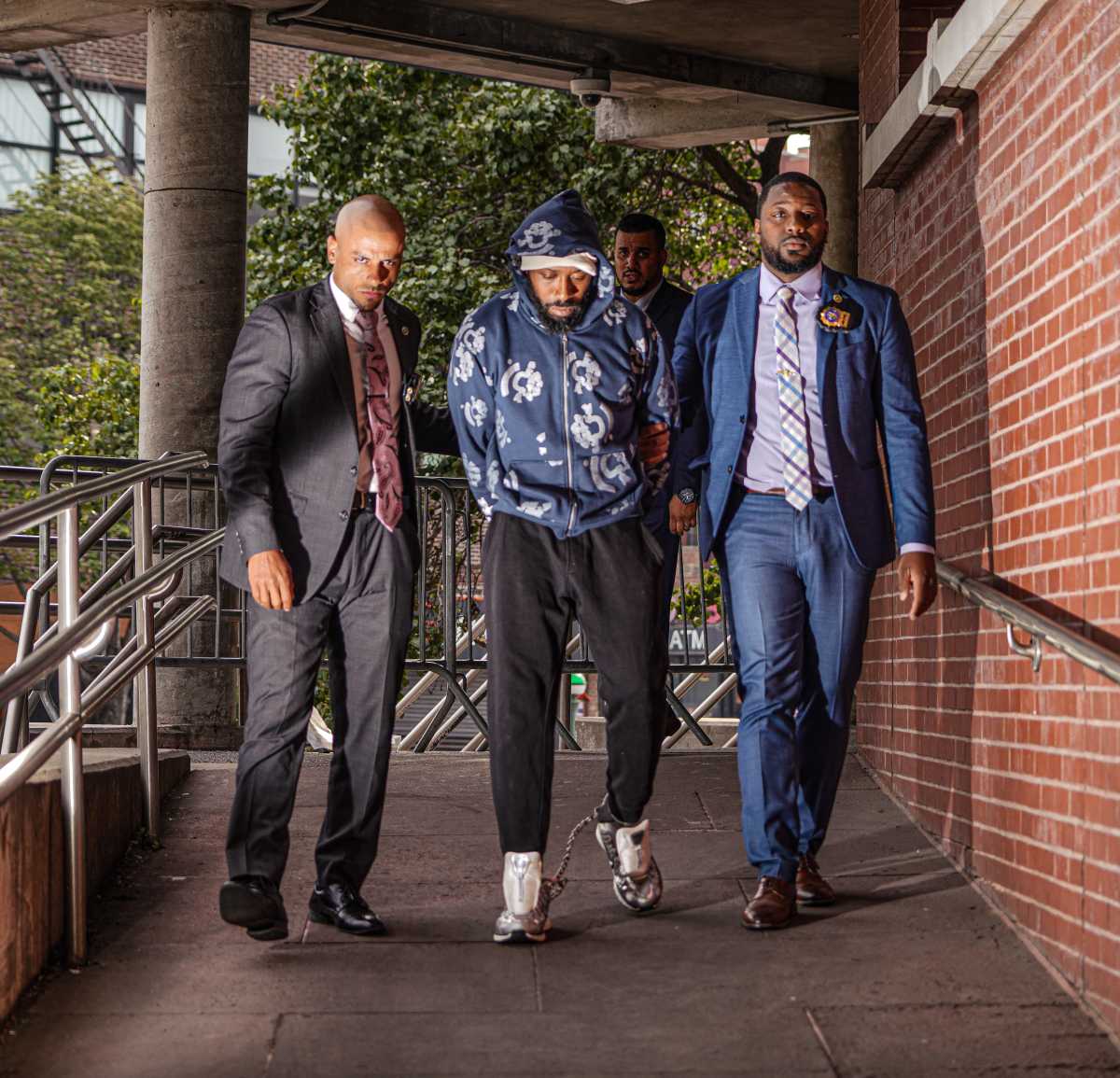Acing an interview requires preparation, self-awareness and confidence. This we know. So why is it that so many people approach interviews as if they were interrogations, or flounder like a fish out of water?
“People often leave [interviews] feeling like they weren’t prepared, or as though they didn’t come off in the best light,” says James Reed, the chairman of the U.K.-based recruitment firm REED and the author of “Why You?: 101 Job Interview Questions You’ll Never Fear Again.”
RELATED:How to continue your education without getting an expensive degree
Reed says that decades of working with recruiters taught him to identify classic interview questions —and the unspoken intentions behind them. In his book, he identifies 15 classic questions. (If you’reprepared for these, he says, you should be able to slay the other 86.)
Reed analyzed a handful of the 15 key questions, and offered his advice on acing your next interview.
1) “Tell me about yourself”
Hands down, this is the most common question recruiters will ask. “It’s a big, open question, and on the face of it, it’s not a threatening question. But what it does is it separates the people who have prepared, from the people who have not,” says Reed. “The real question is, ‘Who do you think you are, and do you know what to leave in, and what to leave out?’”
RELATED:The hardest part of the job search isn’t what you think
Reed suggests keeping the answer 90 percent professional 10 percent personal. It needs to be thought through and structured as a “short, sort of pithy memorable answer.”
“If you’ve got that prepared, and if you give it at the very beginning of the interview, then you’ve got off to a good start. It gets the conversation is running.”
2) “What are your weaknesses?”
Warning: This is not an opportunity to divulge your deepest fears and neuroses. Flaws make us human.
“In answering this question, you can reflect on what you have to bring in a more sensible way. The important thing is to level with the interview. I’ve had people say things like ‘chocolate’ but I wouldn’t recommend that because it doesn’t carry the conversation forward.”
Reed suggests thinking of weaknesses as “the flipside of strengths.”
Says the expert, “If I were to answer, I would say I was impatient. Which can be a strength if you’re trying to get things done, but if you’re involved in a negotiation, it’s certainly a weakness. It’s about having a degree of self-awareness.”
3) “Why do you want to work here?”
On the face of it, this is an ego-stroking question that gives you an opening to wax on about how much you have to offer. But keep one thing mind: It’s not really about you.
“A lot of people forget a job is a problem to be solved. The interviewer is looking for someone to help solve that problem. You should be thinking about how you get the job done.”
First, says Reed, make sure you’ve done your research. Know what needs to be done, and know how your unique background can help achieve that. Then get specific by “reflecting the job spec in every aspect of your answer.”
4) “What animal would you be, and why?”
See also: What’s your biggest fear? What historical time period would you travel to? These all fall into the “curveball” question category. Weird, yes, but not unexpected, as this line of questioning is now a common part of the interview landscape.
“They’re really just trying to throw you off balance and see what you’re going to be like under pressure,” says Reed. “In the workplace, there are always things that are occuring that stress people out. There are things that go wrong on a regular basis, and they want to find out how is it that you’re going to deal with something that comes from the left side that you’re not expecting?”
Above all, remember: This isn’t a chance for you to regurgitate your credentials. It’s a chance to tell recruiters something they don’t know.
Says Reed, “An interviewer has your résumé . They’ve seen your qualifications, they’ve seen what you’ve done. They don’t know much yet about your personality. They want to find out more about your character. As much as they want to find the right person, you want to find the right job.”

























